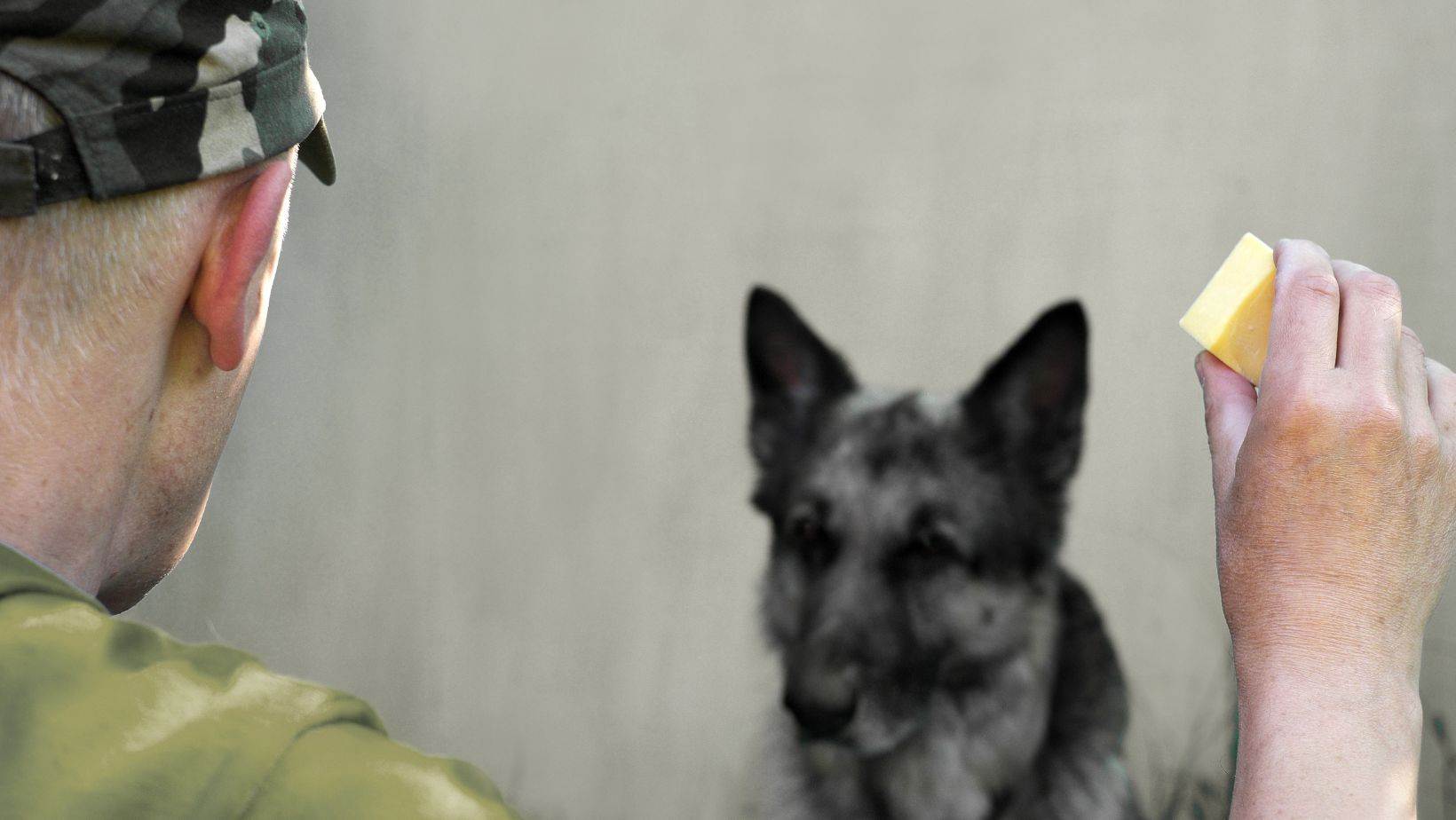Are you wondering if your furry friend is allergic to cheese? Well, I’ve got you covered! In this article, I’ll be discussing the signs that may indicate your dog is allergic to cheese. As a knowledgeable expert in pet health, I understand how important it is to keep our dogs happy and healthy. So, let’s dive right in and explore the world of cheese allergies in dogs.
First things first, it’s essential to recognize the common signs of a cheese allergy in dogs. These signs can vary from mild to severe reactions and may include itching, skin rashes, gastrointestinal upset such as vomiting or diarrhea, sneezing, coughing, or even difficulty breathing. If you notice any of these symptoms after feeding your dog cheese or any dairy product containing cheese ingredients, it could be a sign that they are allergic.
While not all dogs are lactose intolerant or allergic to dairy products like cheese, some breeds are more prone to develop these allergies than others. It’s always best to consult with your veterinarian for an accurate diagnosis if you suspect your dog may have a cheese allergy. Remember, every dog is unique and can react differently to certain foods.
Are Dogs Allergic To Cheese
Digestive Issues
When it comes to dogs with cheese allergies, one of the most common symptoms is digestive issues. These can range from mild discomfort to more severe gastrointestinal distress. Some signs to look out for include:
- Vomiting: If your furry friend starts regurgitating after consuming cheese, it could be a sign of an allergic reaction.
- Diarrhea: Loose stools or frequent bowel movements may indicate that your dog’s digestive system is not tolerating cheese well.
- Gas and bloating: Excessive flatulence and abdominal swelling can be uncomfortable for your canine companion.
Skin Problems
Another common set of symptoms related to cheese allergies in dogs is skin problems. Allergic reactions can manifest on their skin, leading to discomfort and irritation. Keep an eye out for the following indicators:
- Itching and scratching: If you notice that your pup is constantly scratching or biting at certain areas of their body, such as their paws, ears, or belly, it could be a sign of a cheese allergy.
- Redness and inflammation: Allergies often cause the skin to become inflamed and red. This can be accompanied by hot spots or rashes on different parts of their body.
- Excessive licking: Dogs may excessively lick certain areas affected by allergies in an attempt to alleviate the itchiness.

Behavioral Changes to Look Out For
Changes in Behavior
When it comes to dogs and their love for cheese, it’s important to keep an eye out for any behavioral changes that may indicate an allergic reaction. Dogs, just like humans, can have different reactions to certain foods, and cheese is no exception. Here are some key behavioral changes to watch for if you suspect your furry friend may be allergic to cheese:
- Excessive scratching: If your dog starts scratching themselves more than usual after consuming cheese, it could be a sign of an allergic reaction. Pay close attention to any redness or irritation on their skin.
- Gastrointestinal distress: Keep an eye out for any changes in your dog’s bathroom habits. Diarrhea, vomiting, or other digestive issues can be indications that something isn’t agreeing with their system.
- Lethargy or restlessness: Noticeable changes in your dog’s energy levels might suggest an adverse reaction to cheese. They may seem unusually tired or agitated shortly after eating it.
- Changes in appetite: If your pup becomes disinterested in food after consuming cheese or experiences a sudden loss of appetite, it could be due to an allergic response.
In conclusion, while many dogs enjoy the taste of cheese without any adverse effects, it’s essential to pay attention to any signs of allergy or intolerance in your furry friend. If you notice any unusual symptoms after feeding them cheese or other dairy products, consult with a veterinarian promptly for proper guidance and care.